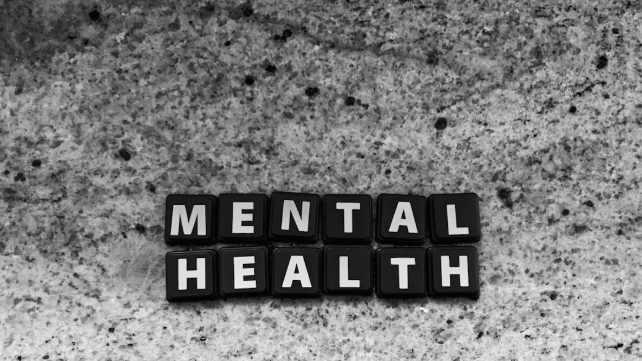Developing Emotional Resilience: Tools for Mental Health Providers

Mental health providers assist people in their most difficult times. It is a satisfying piece of work, but may also be a stressing task emotionally. The duty of telling challenging stories, being a high achiever, and being calm in a stressful situation is something that providers bear. This emotional burden may cause burnout and exhaustion without adequate care.
Mental health career longevity requires the creation of emotional strength to ensure a successful career. Research does not remove stress. Rather, it gives providers the resilience to recover and keep on serving clients. With the acquisition of this skill, professionals establish a healthier state in balancing personal well-being and professional duties.
Recognizing the Importance of Resilience
Resilience is not just an individual characteristic but a professional requirement. The work of mental-health practitioners is fraught with complex issues, confusion, and emotional volatility with clients. Such comprehension of the value of resilience will enable professionals to be personally mentally healthy and deliver quality care.
Cultivating Self-Awareness
Self-awareness is the foundation of resilience. Providers are expected to be capable of introspection, stimulating scenarios and how they respond to stress regularly. Journaling, mindfulness practices, or supervision by professionals can be used to improve this. The stronger sense of self enables the provider to manage his or her responses and to remain stable when facing a challenging situation.
See also: Driving Customer Engagement With AI 3472954047
Practicing Healthy Boundaries
Setting limits is essential in the prevention of emotional fatigue. Professional duties should not be mixed with personal life. This may involve a restriction of hours in sessions or training to say no to extra commitments where necessary. Boundaries maintain mental space, and provide a sense of guilt-free recharging to the providers.
Strengthening Coping Strategies
Good coping mechanisms enable the providers to deal with stress healthily. Exercising, meditation and the creative outlets can be helpful and refreshing. The peer support groups also provide a secure space to exchange experiences and get educated by others. As a result, the practices help in enhancing resilience and developing long-term sustainability in the profession, over time.
Continuous Learning and Growth
Professional development helps bring about resilience. Participation in workshops, training or higher-level courses may give a new outlook and inspire new vigor. The study of educational pathways for professional counselors expands knowledge and empowers the providers with new skills as well. Such dedication to learning creates confidence and flexibility, whose qualities enhance resilience.
Using Support Networks
Supervisors, mentors and colleagues make a very vital support system. Open discussions in these networks can be useful towards reducing isolation and make issues encountered in practice normal. Good professional relationships provide support and real advice when it is most needed, and so resilience is not alone but a collective endeavor.
Summary
Emotional strength enables the mental health professional to be effective, caring, and balanced. It establishes a protection against burnout, and it enhances the capacity to face professional challenges clearly. Through resilience investment, the providers take care of themselves and still are able to support the clients with love and commitment!




